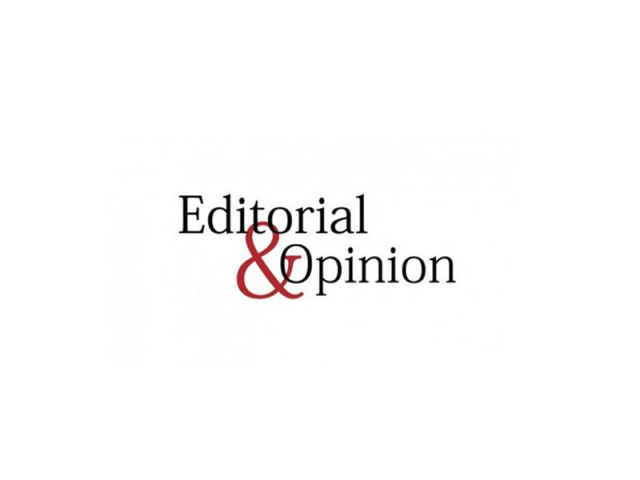Revenue shortfall
.

FBR has found itself grappling with a staggering revenue shortfall of Rs386 billion in the first half of the current fiscal year, a gap that highlights the disconnect between ambitious targets and economic realities. While Rs5.623 trillion was collected between July and December - a 26% jump from last year's Rs4.466 trillion - it still falls short of the Rs6.009 trillion target set for the period.
This is a reflection of multiple headwinds. Tax collection from imports has nosedived due to dwindling trade, sluggish manufacturing growth and an inflation rate that, while unexpectedly low, has dipped into single digit. Amid this backdrop, the overly ambitious revenue target of Rs12.913 trillion for FY25 is now proving to be a double-edged sword. The absence of meaningful expenditure cuts and reliance on optimistic growth assumptions make achieving this target appear almost impossible. Not just that; projections that GDP growth of 3% and a 16.9% rise in imports will generate an additional Rs3.659 trillion in FY25 seem increasingly out of touch with the realities on the ground. Independent economists predict real revenue collection will hover closer to Rs12 trillion. The underlying issue is clear: Pakistan's tax system remains overly dependent on imports while neglecting opportunities to expand the tax base domestically. This structural imbalance must be addressed if future revenue targets are to be more than just pipe dreams. With the IMF scheduled to review Pakistan's economic performance in late February or early March, the pressure to close the revenue gap is mounting. The government must avoid introducing hasty new taxes that could stifle economic recovery and instead focus on reducing expenditures and strengthening enforcement mechanisms.
What is needed is not just better tax collection but also smarter fiscal planning. Diversifying revenue streams and curbing inefficiencies while also fostering economic growth in key sectors are essential. It is time for policymakers to embrace realism over rhetoric and chart a path that balances ambition with achievability.















COMMENTS
Comments are moderated and generally will be posted if they are on-topic and not abusive.
For more information, please see our Comments FAQ